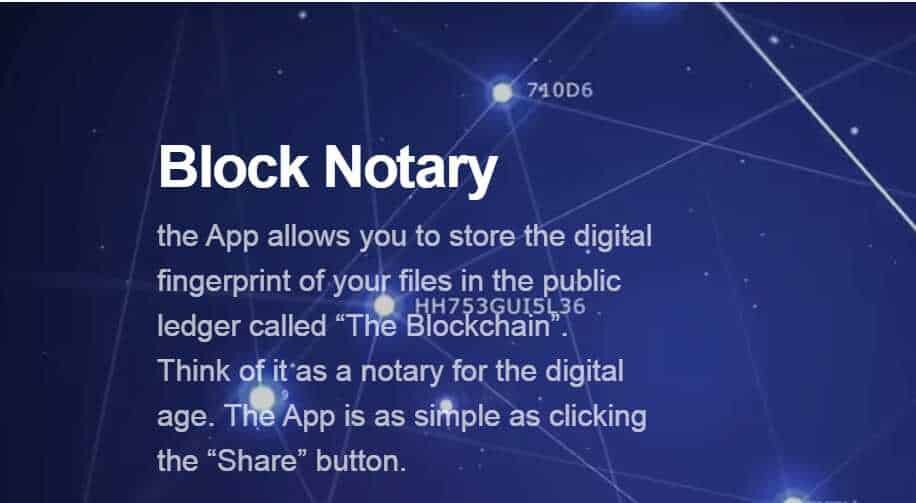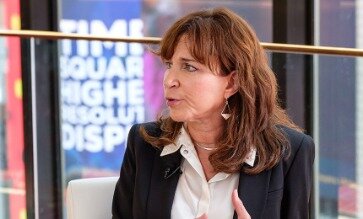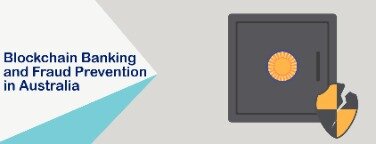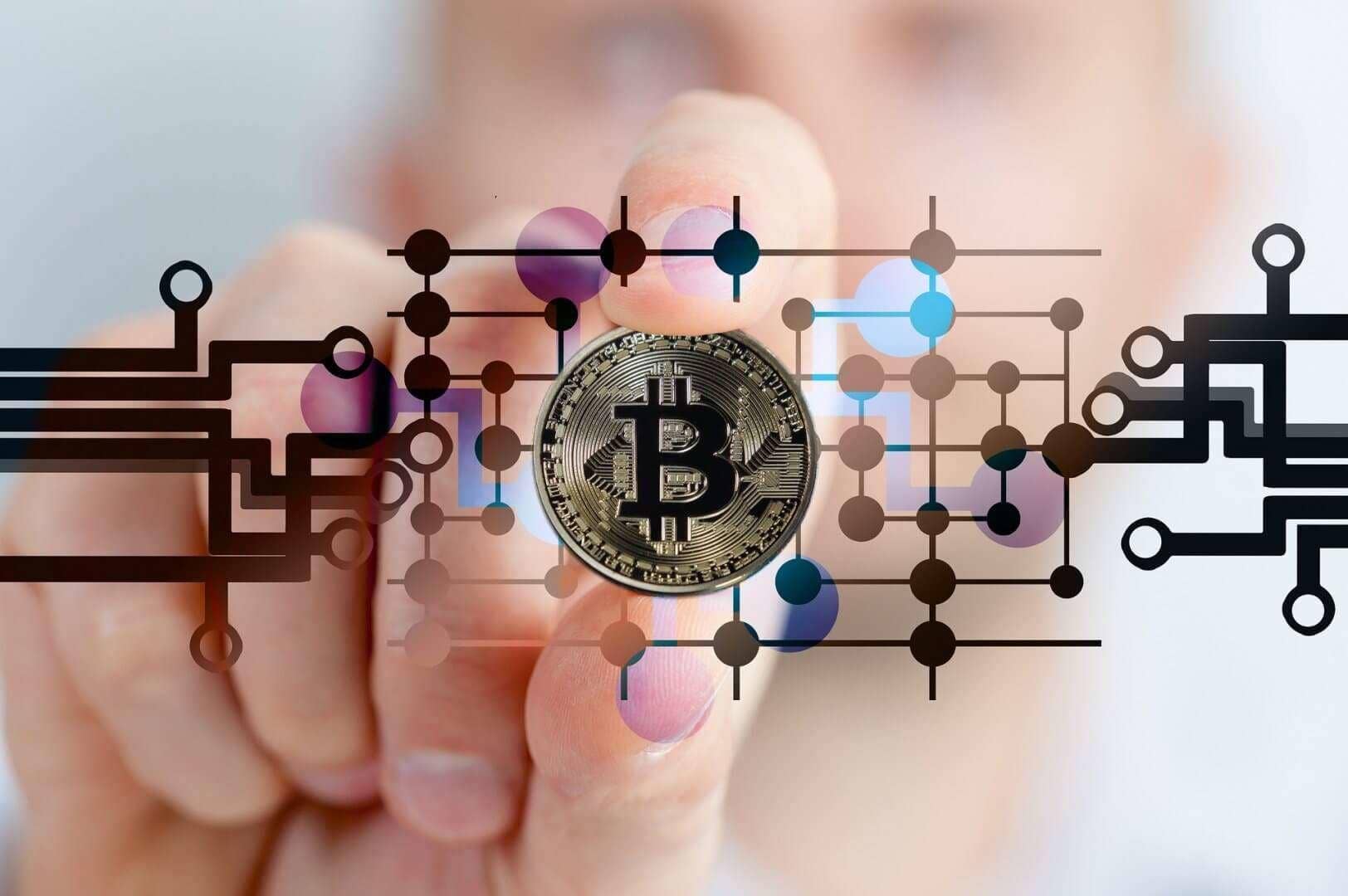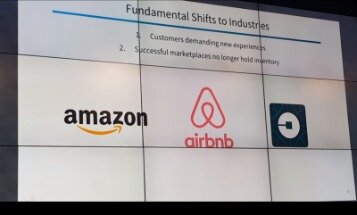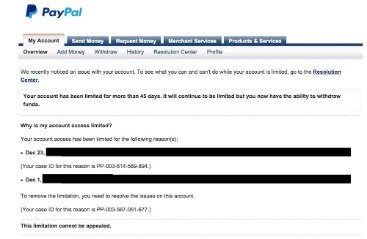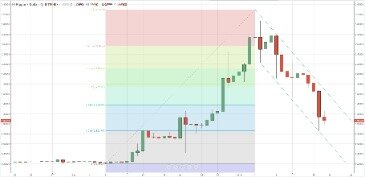Blockchain In Cases Of Fraud And Corporate Insolvency
Content
Data centres Data centres provide the core infrastructure that underpins all digital activity across government, business and community. Cyber security techUK brings together key players across the cyber sector to promote leading-edge UK capabilities, build networks and grow the sector. 5G communications 5G is the digital fabric of the Fourth Industrial Revolution, enabling the delivery of new and exciting services into areas such as utilities, mobility and healthcare. Digital ethics In an increasingly digital world, it’s important that technology is used to improve and enhance the quality of people’s everyday lives. Over a billion users around the world use Instagram to share their lives – many not realizing they may be over sharing and putting themselves at risk to fraudsters.
Harness our data identity and data fusion methodologies to help drive responsible, sustainable growth. Keep up to date with your customers and their financial situation to inform smarter lending decisions. Delivering the data required to help lenders make responsible, more informed decisions. Attract customers, build loyalty and expand your business through enhanced engagement strategies.
Time will tell which of these approaches are successful and become practical to use. As the Internet of Things grows, the challenge and opportunity for telecoms operators is to manage millions of interactions between sensors and devices, whilst securing the sensitive information that is being transmitted and captured. When considering the number of smart home devices which now appear in our households as an example, the high level of personal data which could be exposed through a failure in an IoT system can be understood.
Some in business will argue that taking responsibility for fraud prevention is too big a commitment for them to undertake. In that case, they need to seek external help to identify the areas vulnerable to fraud and then “design out’’ the risk with preventative measures. Because blockchain is a decentralised shared ledger and resistant to tampering, it certainly offers some robustness to transactions.
Oracle Cloud Marketplace
Bernard Madoff was convicted of securities fraud in 2009, having engineered a pyramid investment scheme whereby early investors took money at the expense of new entrants. Investors are estimated to have lost up to $65bn and the asset tracing exercise is still being conducted.
What is a Blockchain record?
Blockchain is a system of recording information in a way that makes it difficult or impossible to change, hack, or cheat the system. Blockchain is a type of DLT in which transactions are recorded with an immutable cryptographic signature called a hash.
Visibility – full, real-time observability on the user behavior across all IT systems. Unmodifiable audit trail that ensures compliance with the logging requirements of GDPR, PCI-DSS, PSD2, and required steps for KYC & AML are property followed.
Close Collaboration Between It And Business Leadership Is Key To Success
Verified users can store, view and share digital information in a security-rich environment. This helps to foster trust, accountability and transparency in transactions, all important aspects of commercial relationships, and can be applied to financial transactions, identity management and the supply chain. When new technological solutions emerge they are often hailed as a panacea for all things, including fraud. But it’s a welcome addition to the arsenal of fraud prevention and a significant step towards squeezing out the fraudsters. Phishing emails are very popular, along with buying items with cryptocurrencies but never receiving them.
- Click To TweetNinety percent of North American and European banks are currently exploring Blockchain’s potential to combat fraud.
- As long as a pair of operators have a roaming agreement, every time a subscriber triggers an event in a visiting network, a smart contract and the terms of agreement are executed, enabling almost instantaneous charging.
- Unlike traditional financial ledgers and transactional processes, there is no requirement for a central trust authority to verify information such as the existence and ownership of assets.
- The growth of distributed trust networks, such as blockchain, may revolutionise the way information is stored and how transactions occur, removing the need for trusted intermediaries including banks, solicitors and government.
- When this is considered, the argument that blockchain will be a cure-all for fraud seems unrealistic.
- Phishing emails are very popular, along with buying items with cryptocurrencies but never receiving them.
In this event, techUK will bring the cyber and financial services communities together to revisit the continuing themes in cyber fraud prevention and look at financial service providers’ approach to tackling these. We’ll also take a closer look at new rising trends, including threats arising from emerging technology, and key recommendations for tackling cyber fraud. Blockchain is a widely discussed technology which has the potential to greatly impact all industries – not least the telecommunications industry. The benefits of trust and transparency, the incorruptible data and its fail safe nature means that a blockchain network provides the constant availability of fully up-to-date information. This could enable better tracking of customers’ activity and better provisioning of services for the customer.
A Better Way Of Tackling Identity Fraud?
With an estimated annual loss to the industry of $38 billion, fraud management and prevention are understandably important topics for telecoms operators, especially in the areas of roaming fraud and identity management. Mobile telecoms operators may see the greatest impact of blockchain in their core management systems and in adjacent services. Over the past two decades, disruptive technologies such as those by Over The Top suppliers have been introduced, and some telecoms operators have seen decreasing revenues and increasing operating costs as a result. There is also continual transformation in the industry as it moves towards the wide adoption of 5G and IoT. However, before leveraging any new technologies, Mr Pine believes it is important for FIs to conduct initial and ongoing model validations for all technology platforms they utilise to combat financial crime. In addition, they should conduct ongoing rule tuning and optimisation of their financial crime monitoring models to tailor the model output to their own unique risk profile.
So, while theoretically not impossible, defrauding a blockchain is simply too hard. all subsequent blocks on the chain whose identifiers bear a cause-effect relationship to the block you tampered with – and again you’d have to repeat this feat on more than half of the distributed copies of the blockchain. There are exceptions, such as Monero, which asserts that its cryptography facilitates entirely untraceable transactions. Although concerns have been raised that an immutable ledger is contrary to the right to be forgotten, or the right to rectification of data. For instance, there will be no need for administrators to independently verify the existence and value of assets held in a fund by reference to emails and spread sheets.
With over 800 members across the UK, techUK creates a network for innovation and collaboration across business, government and stakeholders to provide a better future for people, society, the economy and the planet. By providing expertise and insight, we support our members, partners and stakeholders as they prepare the UK for what comes next in a constantly changing world. Jill is also an experienced editorial professional and has delivered copyediting and writing services for public-body and SME clients as well as publishers.
At its most basic, a blockchain is a shared and secure digital ledger that allows each component, or block, within a transaction to be tracked and approved by everyone who is party to the transaction. But banks and payments firms are less interested in digital coins than they are in the technology that underpins them, which they believe could be harnessed in a host of different ways.
For while advanced technologies can help FIs to reduce the time it takes to detect fraud, they also provide fraudsters with the means of perpetrating ever more sophisticated scams. Identity and voting application built with blockchain technology to prevent voter fraud, assure anonymous voting, and one vote per citizen. Reduce time and cost of investigation, audit and reporting, legal expenses, the risk of fines and keep the reputation of your company intact.
Like the internet of the early-1990s, blockchain is very much at an early stage and some have dismissed the excitement around it as hype. But the financial services industry clearly believes blockchain payment systems could help build a stronger financial system and it is willing to invest time and money in developing them. Blockchain payment systems will never be a panacea for fraud, but they could still greatly reduce it, says Patrick Horgan, European head of Horizon8, a blockchain solutions provider. For example, he says blockchain could play a major role in protecting personal data online, the theft of which is central to most payments fraud. With blockchain, we replace a knowable risk with a black box and have to trust the technology to do the right thing,” he says. Ninety percent of North American and European banks are currently exploring Blockchain’s potential to combat fraud.
But Dr Arun Vishwanath, a technologist and cyber-fraud expert affiliated to Harvard University, says the idea that we might completely eliminate the problem using blockchain is a “pipe dream”. Under the existing system, issuing, verifying and tracking LoCs is a largely paper-based, cumbersome and costly process that has seen little meaningful change for at least a century.
Cloud computing techUK’s work focuses on ensuring the UK stays at the forefront of cloud adoption. Emerging technologies techUK is dedicated to exploring key transformative technologies driving the UK’s digital economy, society and industry through tech and innovation campaigns. COVID-19 Throughout the crisis techUK has been working to support members, government and communities respond to the public health crisis and the economic fallout. Sometimes the key to staying safe online and using new technology lies in knowing and understanding the basics. We recently linked up with one of our members, Contis, more specifically Tobias Neale their Head of Client Services, to ask some commonly asked questions surrounding cryptocurrency.
There is some way to go before blockchain technology completely revolutionises the financial services sector, but we are seeing a gradual increase in its uptake. With financial transactions being securely and transparently recorded to an immutable ledger with a robust verification process, asset-tracing has the potential to be much more straight-forward than is presently the case. Applying the technological capabilities to real-world cases assists in providing insight as to how fraud could be prevented and asset tracing simplified. Investment and fund managers could also see significant benefits by utilising blockchain technology. The standard settlement time for many investment vehicles is two days, meaning that transactions may complete at a different rate than envisaged and funds are unavailable to any party while the transaction is being cleared. However, transactions can complete on a blockchain in near-real time, which results in an increased liquidity of assets with which a manager can transact. With perpetually moving markets, the ability to immediately reinvest liquid funds could be key to achieving higher returns for investors.
Whilst the EU and USA have so far had a hands-off approach to regulating blockchain, other countries will come up with their own regulatory obstacles which may take some time to overcome. And even when governments try to take a slow reasonable approach to regulation, what would happen where a blockchain which is meeting today’s regulations falls foul in the future of newly introduced regulations? The whole idea of blockchains is that they’re immutable, so no one will be able to change or update the existing data to meet the new directives. Blockchain can serve as a tool to both log data in a form highly resistant to tampering, and to fight the introduction of malicious IoT devices into our networks.
It’s an interesting turn of events given that virtual currencies such as bitcoin, “mined” using blockchain networks, or at least the public exchanges on which they are traded, have been subject to a large degree of fraud. Numerous big firms are testing blockchain-inspired systems that promise to make digital transactions more secure and efficient, while a handful, such as Visa and HSBC, have launched their own commercial platforms. As the problem of payment fraud intensifies, the world of finance is increasingly looking to emerging blockchain payment processing systems for a solution. Blockchain also has the potential to prevent double spending with cryptocurrencies.
Any reports of fraud need to be investigated thoroughly, impartially and discreetly to allow a company to determine what, if any, action needs to be taken. Senior staff need to identify all potential for problems and then devise, introduce and maintain procedures that allow wrongdoing to be identified and prevented. In June 2018, HSBC Holdings made the proud announcement that it had performed the world’s first financial transaction using blockchain. HSBC and the Dutch bank ING conducted it on behalf of the food and agricultural group, Cargill. Proponents believe such systems will eventually go mainstream, having a big impact on firms and consumers around the world who currently lose billions of dollars to fraudsters each year. A working example is Visa’s B2B Connect platform, which was launched last June in more than 30 markets. The solution, which is built on a private blockchain developed by IBM, helps businesses to make faster cross-border payments to each other.
Additionally, when a device broadcasts its location, the access node which can best provide service to the device is called on to do so. With knowledge of which devices are in the vicinity, by being in the blockchain network, location-based services can also be enabled allowing local connection prices based on supply and demand.
As Blockchain begins to become a more mainstream technology, organisations have a lot to gain by exploring its potential to prevent fraud and much, much more. Thirty percent of businesses reported some sort of fraud within their supply chains last year. In addition, UK businesses also lost over £40m last year due to fraudulent activity carried out by employees, with London businesses being hardest hit with 29% of those losses. Picture a spreadsheet that is duplicated thousands of times across a network of computers. Then imagine that this network is designed to secure the spreadsheet, as well as regularly update it, and you have a basic understanding of blockchain. As the financial fraud landscape continues to evolve and threats become more complex, FIs need to ensure that their fraud prevention measures adapt accordingly, underpinned by technology and operational efficiency.
MonetaGo is now expanding in other geographies in the Asia-Pacific, European, Latin American and Middle East. Complete overview on every activity performed by any user across all company systems – who did what, when and where. The powerful combination of rules engine and AI alerts about anomalies in real-time decreasing information security risk to a minimum. Real-time detailed analysis of everything that happens, as well as AI-driven anomaly detection will prevent any fraud attempts.
Of course, what makes FIs such attractive targets for fraudsters is the significant amount of sensitive data they hold about clients, staff and the environment in which they operate. To protect such data, Mr Nunan suggests that FIs adopt a holistic approach to data analysis. However, with data being stored in different systems and formats, the challenge is to bring it all together to create one source and analyse that with smart technology. In addition to effective due diligence, the basic steps of a fraud prevention programme, according to CRI Group, should also include ensuring that staff members know the warning signs of fraud. The hiring process should accentuate thorough background investigations and an anonymous fraud reporting system for employees, customers and contractors. However, since the outbreak of COVID-19, in many instances these basic components have been compromised.
Whenever someone spends or transfers cryptocurrency, their entry joins a queue ready to be added to the public database. Before that can happen, however, the entries need to be validated, and as there isn’t just one centralised entity in charge of the database, this task is completed by users – thus decentralising the ledger. The best-known cryptocurrency is Bitcoin, which was launched in 2009 and has made headlines for how volatile it has been, with people both making and losing millions as the value changes.

